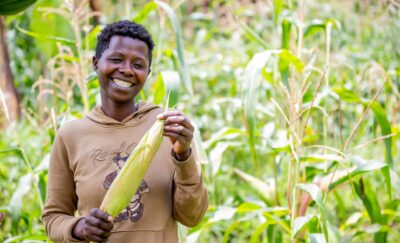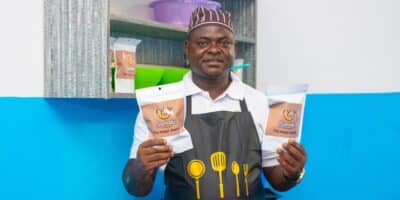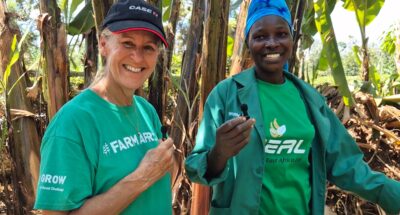Stories
Kenya
12 March 2025
Empowering young Kenyan women to end sexual exploitation in fish trading
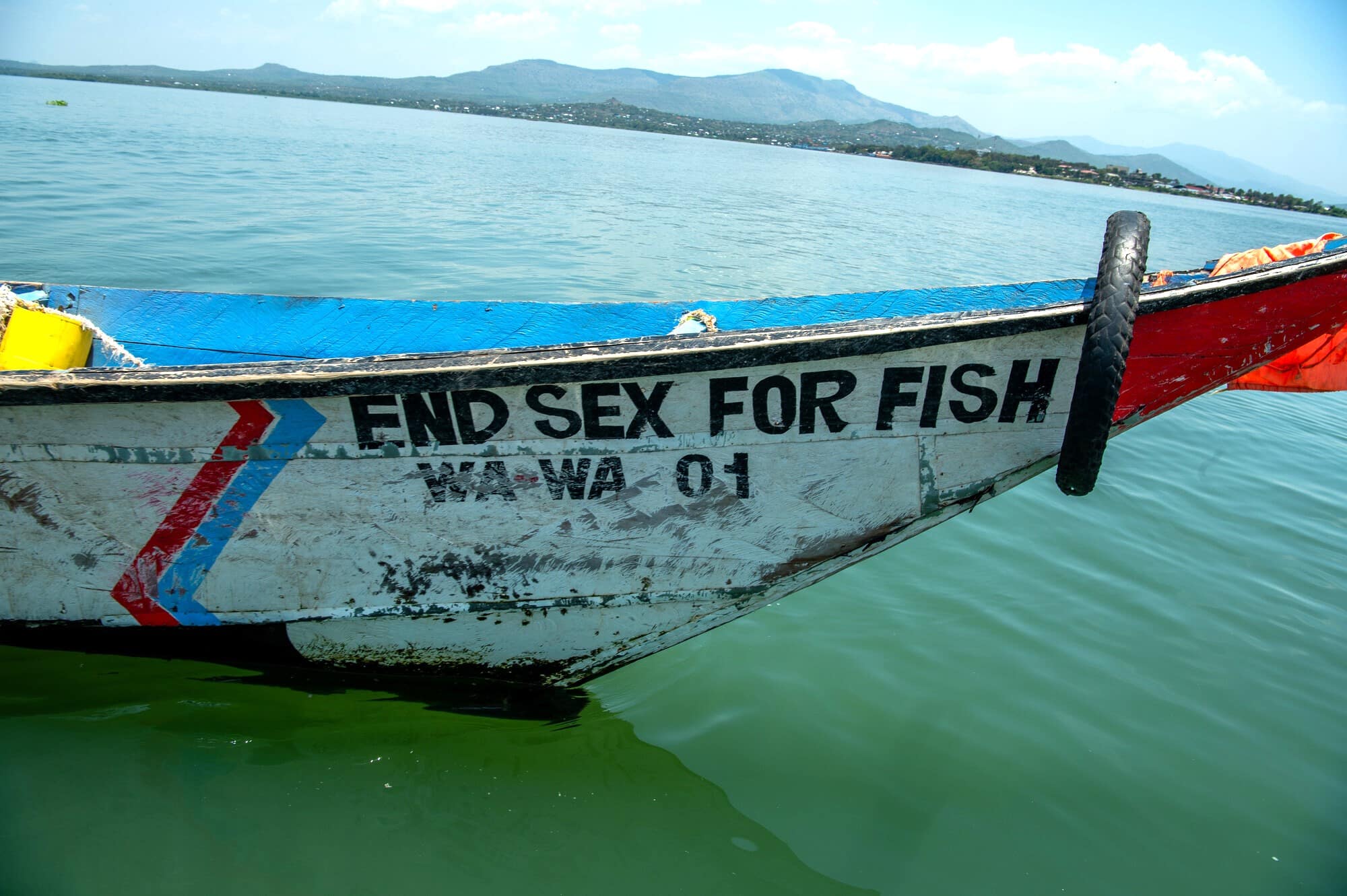
The empowerment of women with resources, knowledge and skills to establish their own fish trading businesses and take up leadership positions in beach management units is addressing the highly prevalent sexual exploitation and abuse of female fish traders around Lake Victoria.
Through the Youth in Sustainable Aquaculture (YISA) programme, the Mastercard Foundation is working Farm Africa and Echo Network Africa Foundation in Kenya to elevate women’s socio-economic status and directly reduce the prevalence of the exploitative practice of Jaboya.
Jaboya is a transactional relationship where women are coerced into bartering sex for fish, predominantly affecting women in inland fisheries along Lake Victoria.
In the context of this practice, economically disadvantaged women are often forced to compete for fish, which are predominantly owned and caught by men who control the majority of fishing boats. This creates a power imbalance that perpetuates sexual exploitation, risking women’s health, including their exposure to sexually transmitted diseases such as HIV.
Empowerment through independence
The YISA programme addresses the root causes of Jaboya in Kenya by giving women the opportunity to own fishing boats and engage in sustainable fish farming through cage production. This initiative ensures that women not only gain economic independence but also build the confidence and autonomy to reject exploitation. By fostering an environment where women can freely access the resources needed for their livelihoods, the YISA programme is contributing to a safer and more equitable fishing industry.
The programme specifically targets the systemic challenges women face in the fishing sector by providing tailored training and resources, which enable them to step into leadership roles. Through the development of these capacities, women can assert their rights and speak out against gender-based exploitation. By positioning women as key players in beach management, the programme encourages a shift toward gender equity in decision-making processes and economic activities.
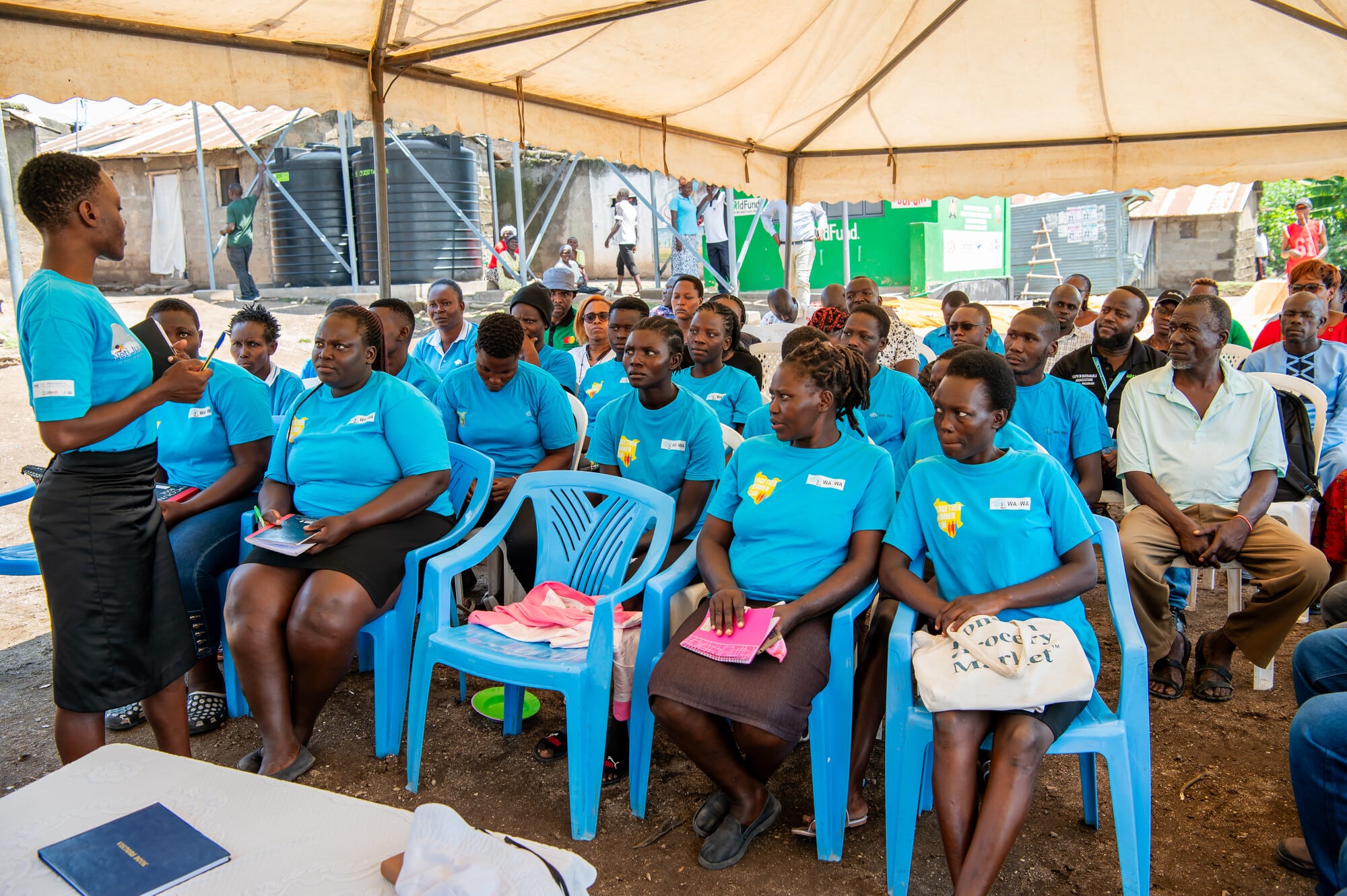
A meeting of a YISA programme women’s group at Nyagina Beach, Homa Bay County
“The aquaculture sector in Kenya has the potential to create meaningful employment for both women and men,” says Teddy Nyanapah, Programmes Manager at Farm Africa. “Moreover, the welfare, dignity and rights of young women —particularly the most vulnerable —must be prioritised. Eliminating gender-based violence and addressing exploitative practices like Jaboya should be prioritised within the scope of women’s empowerment.”
According to Jane Bundi, YISA Programme Manager at Echo Network Africa, the integration of gender transformative approaches with access to financial products like a revolving loan fund and sustainable fish farming training is key in enabling women to speak out against sexual exploitation. “This powerful combination is equipping female fish traders with the tools they need to build independent, economically viable businesses that are free from sexual exploitation and abuse,” Bundi notes.
"Young women now have the confidence to reject demands for sex in exchange for fish."
Bettina
Chairperson, YISA programme women's group
Bettina, the Chairperson of a women’s group in Homa Bay County, highlights how the YISA programme has strengthened the voices of young women in the region:
“We have participated in a series of training sessions, including Gender Action Learning Systems, awareness on prevention and response of gender-based violence (GBV), cage management, and business development services. As a result, young women now have the confidence to reject demands for sex in exchange for fish. Through the programme’s revolving loan fund, our group was able to acquire a motorised fishing boat, significantly amplifying women’s presence and influence at the beach. This has allowed us to take a stand against the vice by renting out our boat, empowering us to access fish independently and without relying on exploitative arrangements with male fishermen.”
New aqua-preneurs at Nyagina Beach
In line with this, the women have worked collectively to rent out the boat, enabling small groups of three or four women to fish together safely. This arrangement has fostered economic cooperation and substantially reduced incidents of exploitation along Nyagina Beach.
Using resources from the YISA programme, such as a revolving loan fund, the group has installed a ten-metre-wide fish cage, stocked with 35,000 fingerlings and supplied with quality fish feeds. This development has ensured their direct participation in sustainable fish farming practices. The women are now poised to generate a steady profit from fish sales, which they plan to reinvest in land for farming soybeans, a crucial ingredient for producing their own fish feed and further reducing their operational costs.
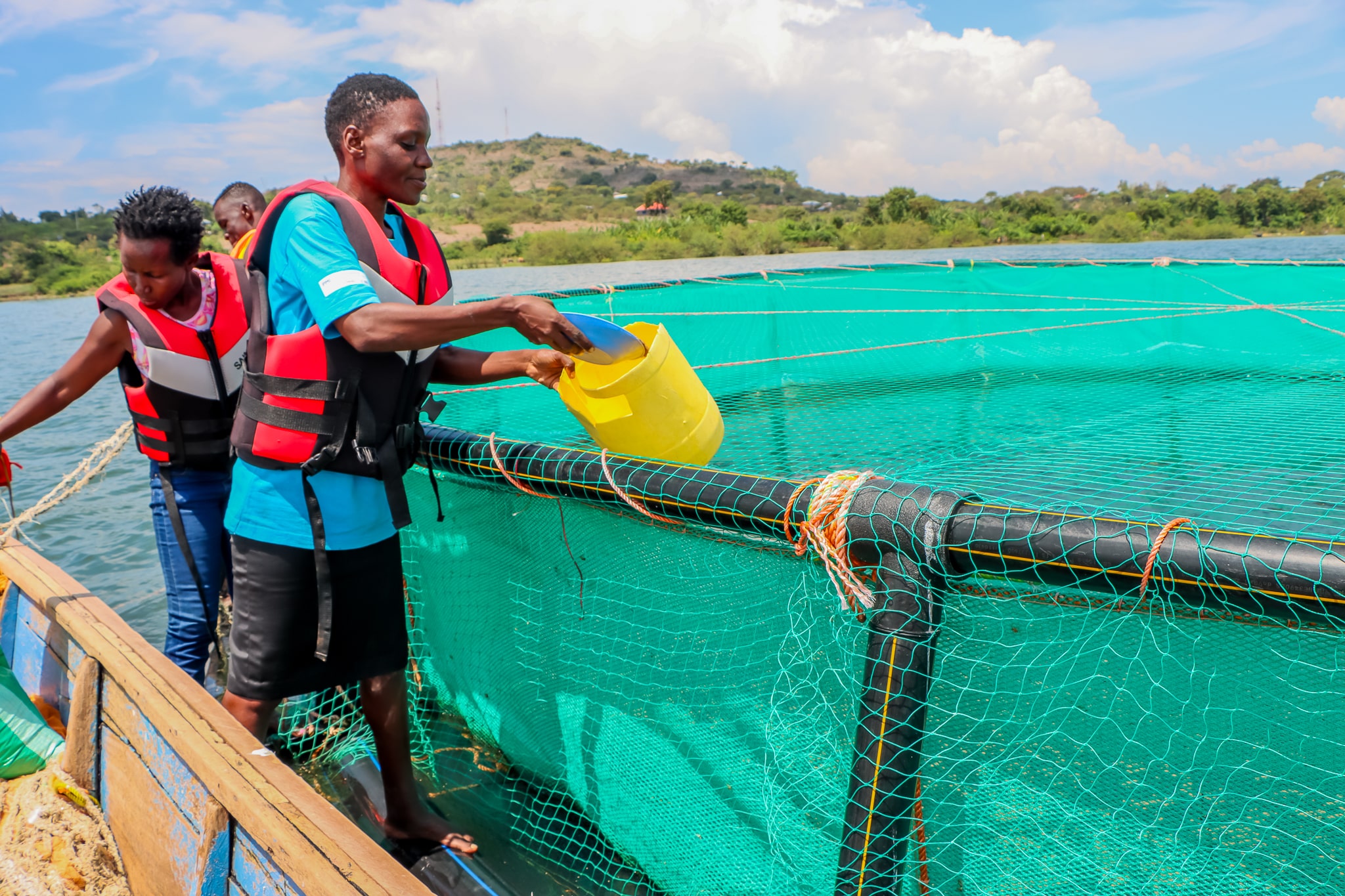
Bettina, chairperson of a YISA programme women’s group, feeding fish in a cage at Nyagina Beach, Homa Bay County.
A blueprint for change
The YISA programme’s work with Beach Management Units (BMUs) is instrumental in ending Jaboya as a harmful cultural practice. The BMUs advocate for gender-responsive by-laws that promote women’s active participation and representation in leadership positions. The support the women get from bursaries for female-led cage farming businesses using funds sourced from the BMU collections at the beach goes a long way in supporting needy families.
This integrated approach—merging gender-responsive policies, financial autonomy and educational empowerment, offers a promising blueprint for a more equitable, exploitation-free future in Kenya’s fisheries. By prioritising women’s voice agency, leadership and access to resources, the YISA programme is laying the groundwork for sustainable, gender-equal economic opportunities in the aquaculture sector.
Learn more about The Youth in Sustainable Aquaculture Programme, funded by the Mastercard Foundation.
